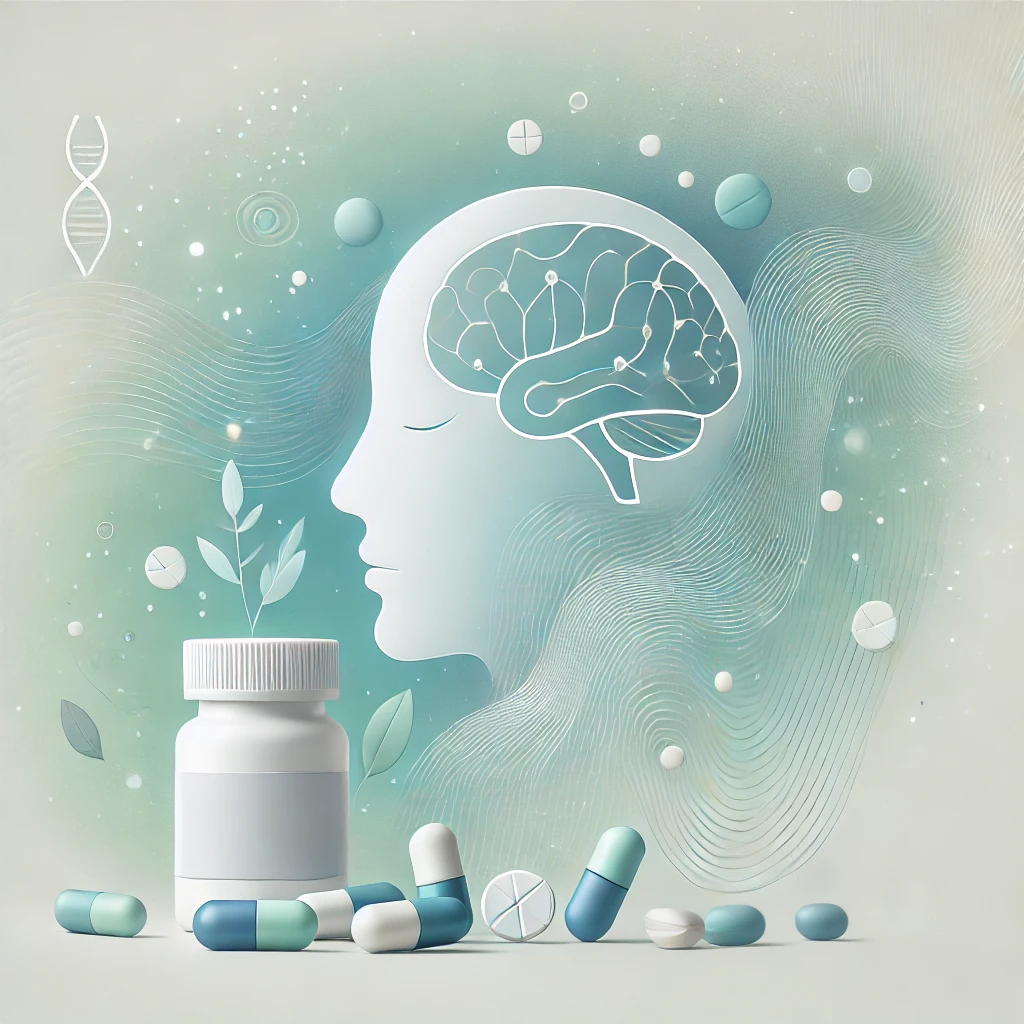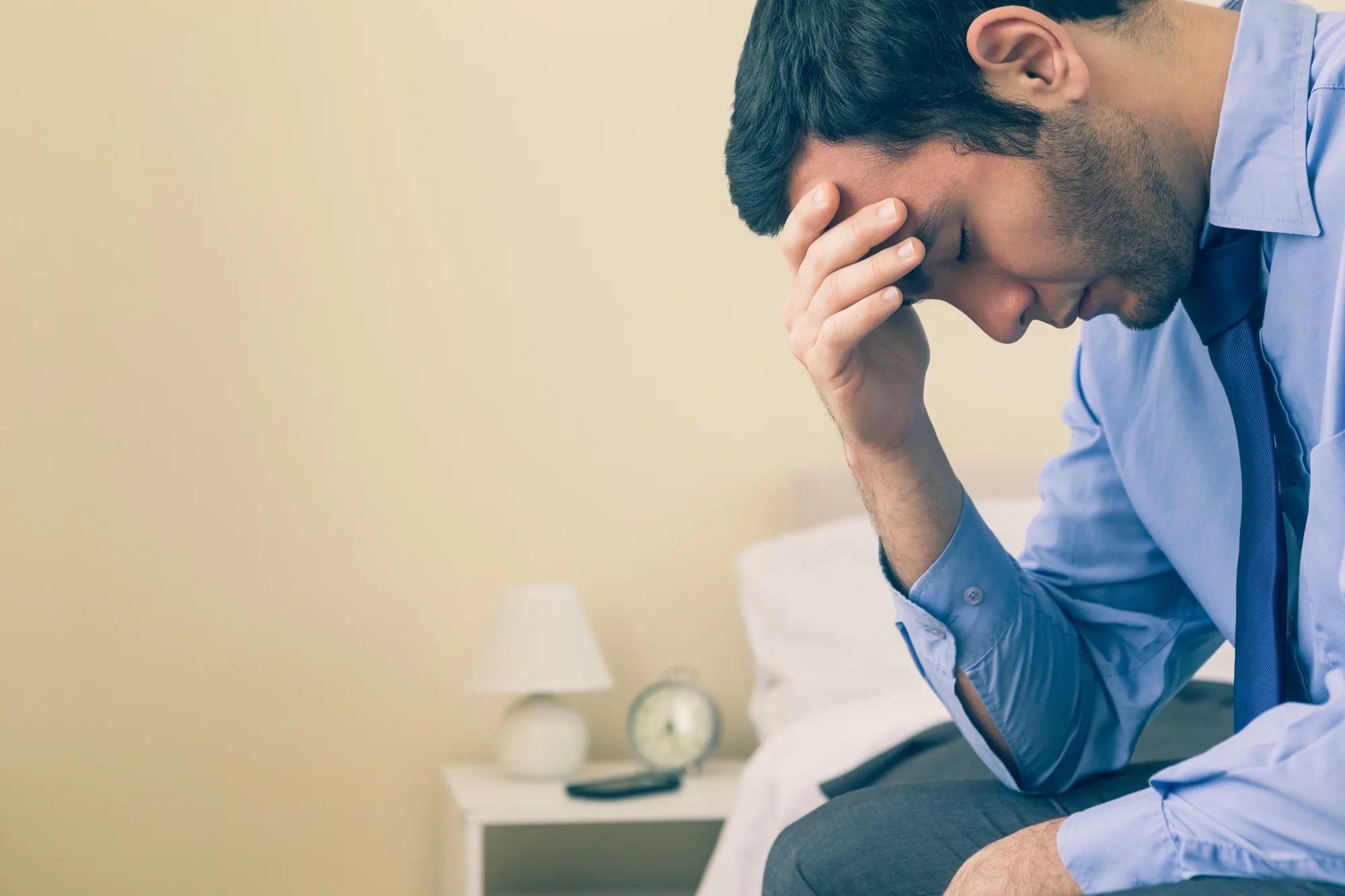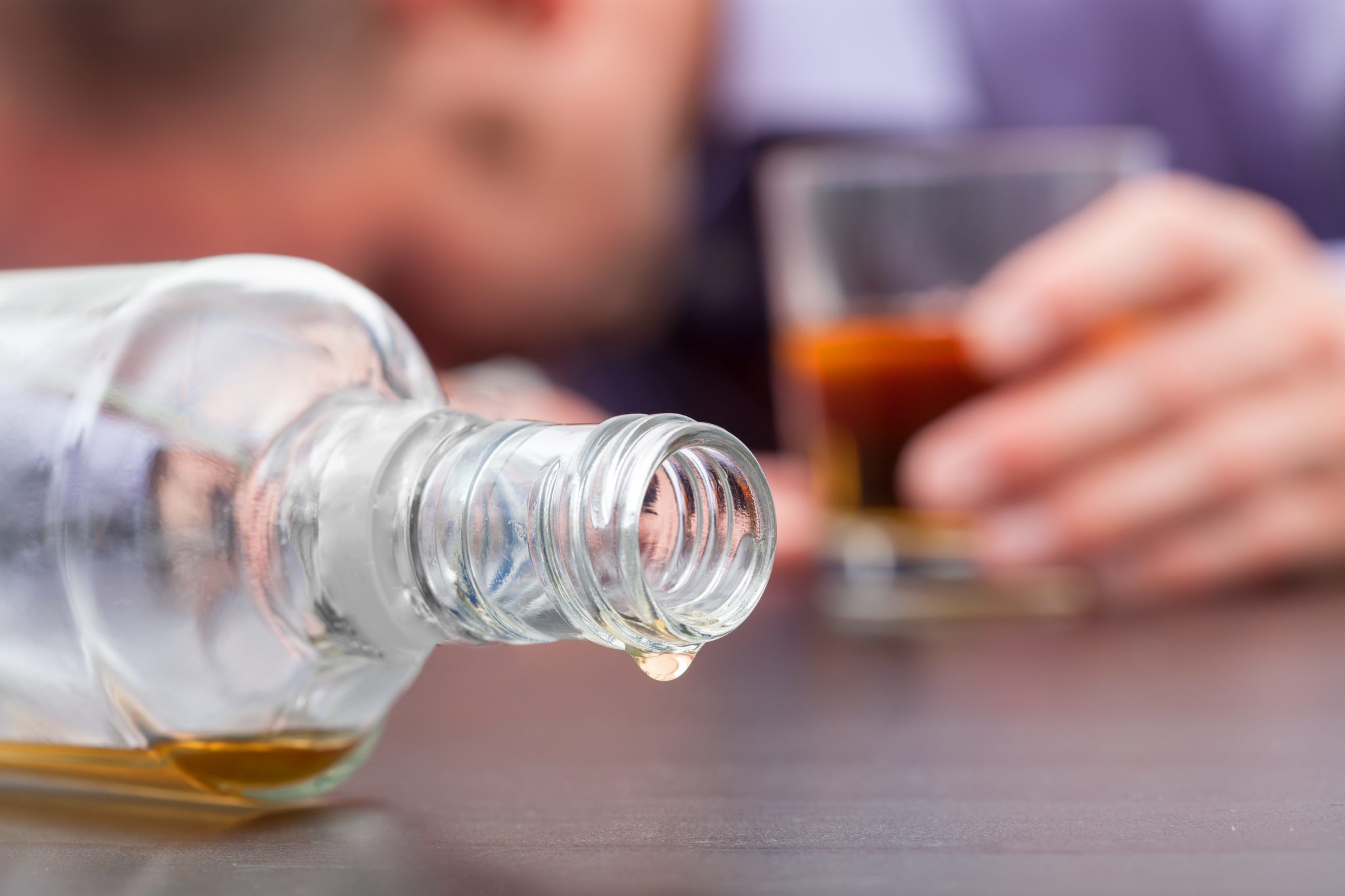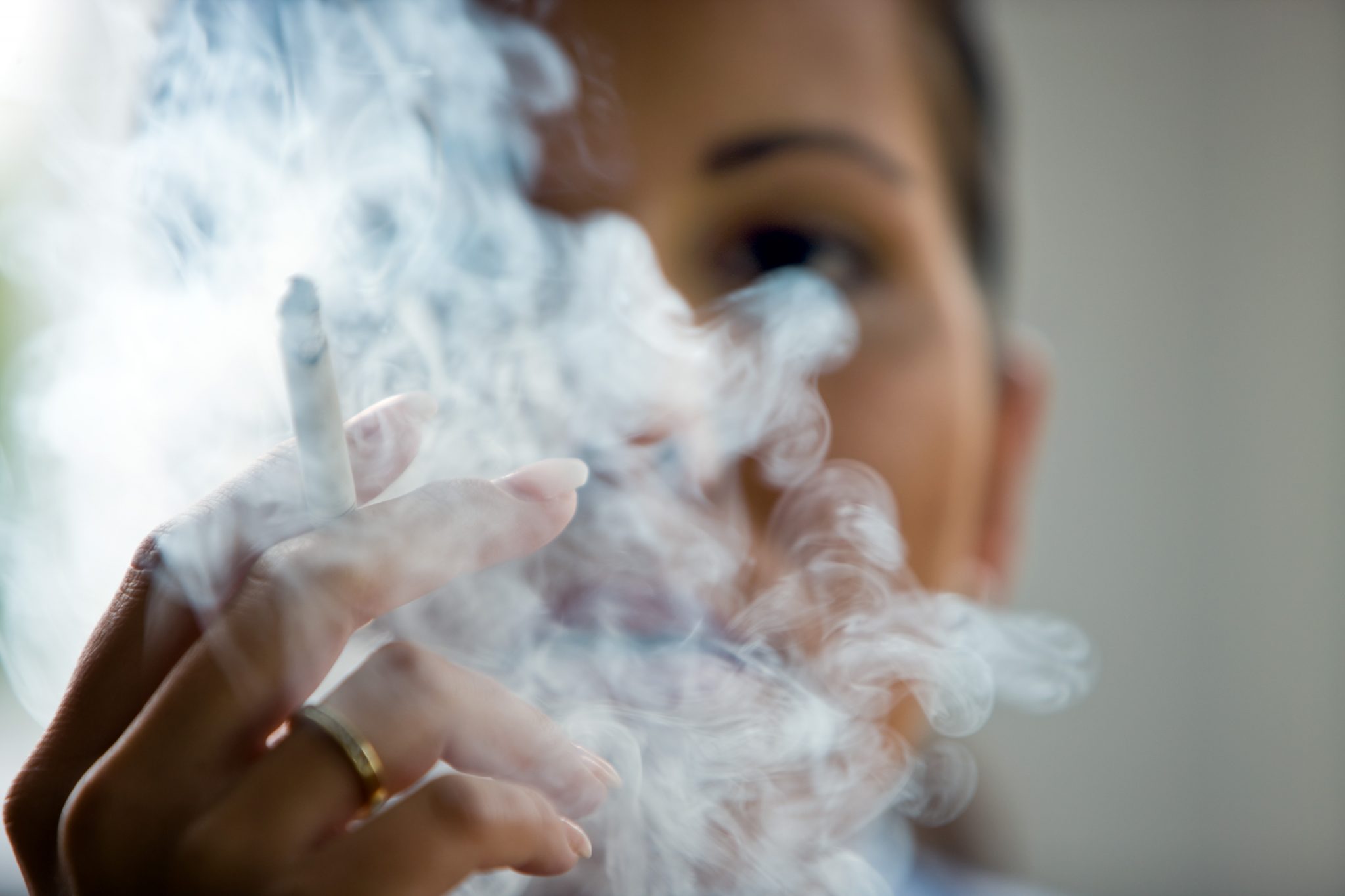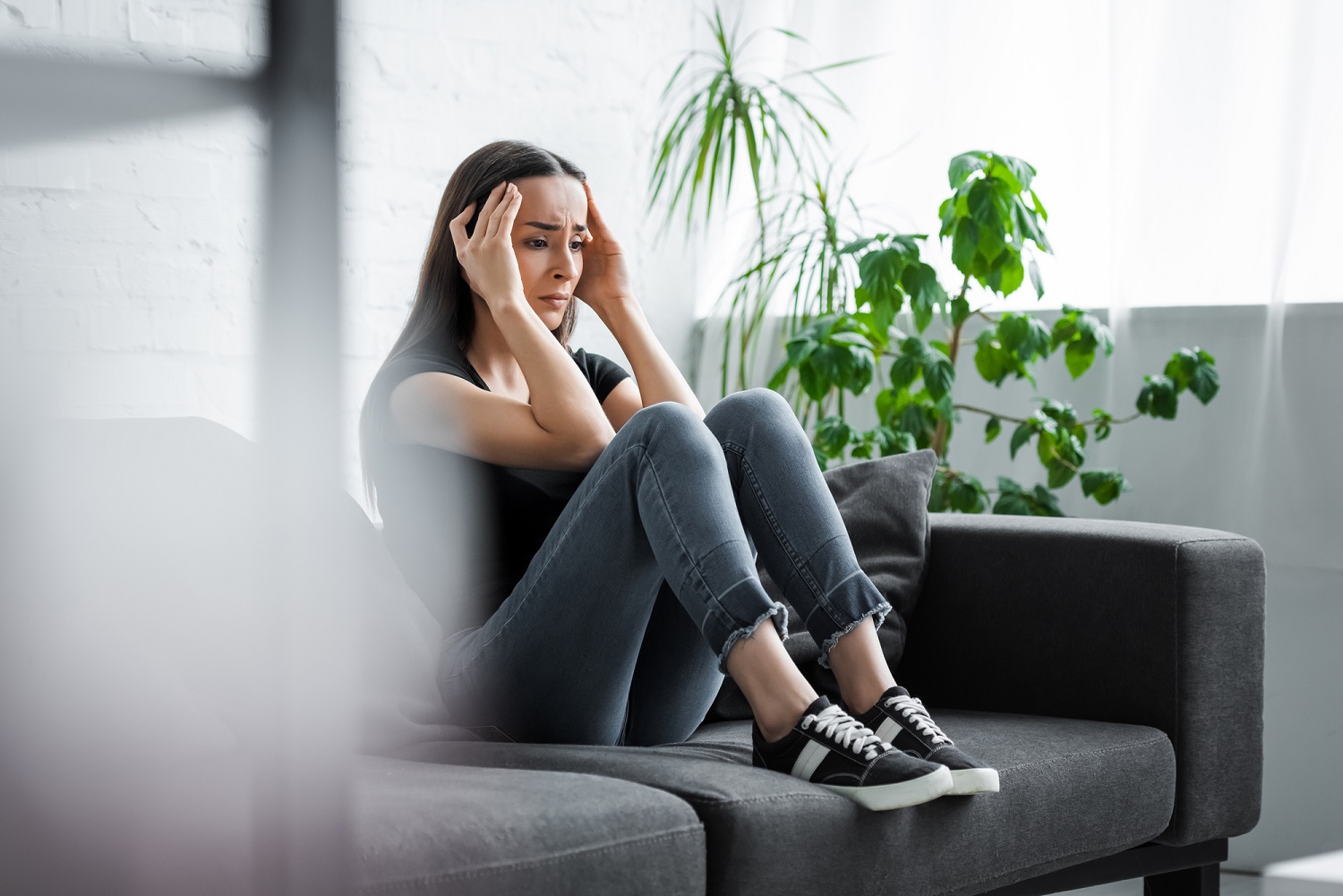Best Antidepressant For Depression and Anxiety
If you are trying to find the best antidepressant to treat depression and anxiety, you may not know where to begin. There are dozens of FDA-approved antidepressants that have garnered much success, but it can be difficult to navigate what the best option is for your particular situation. In this article, we will be discussing …

